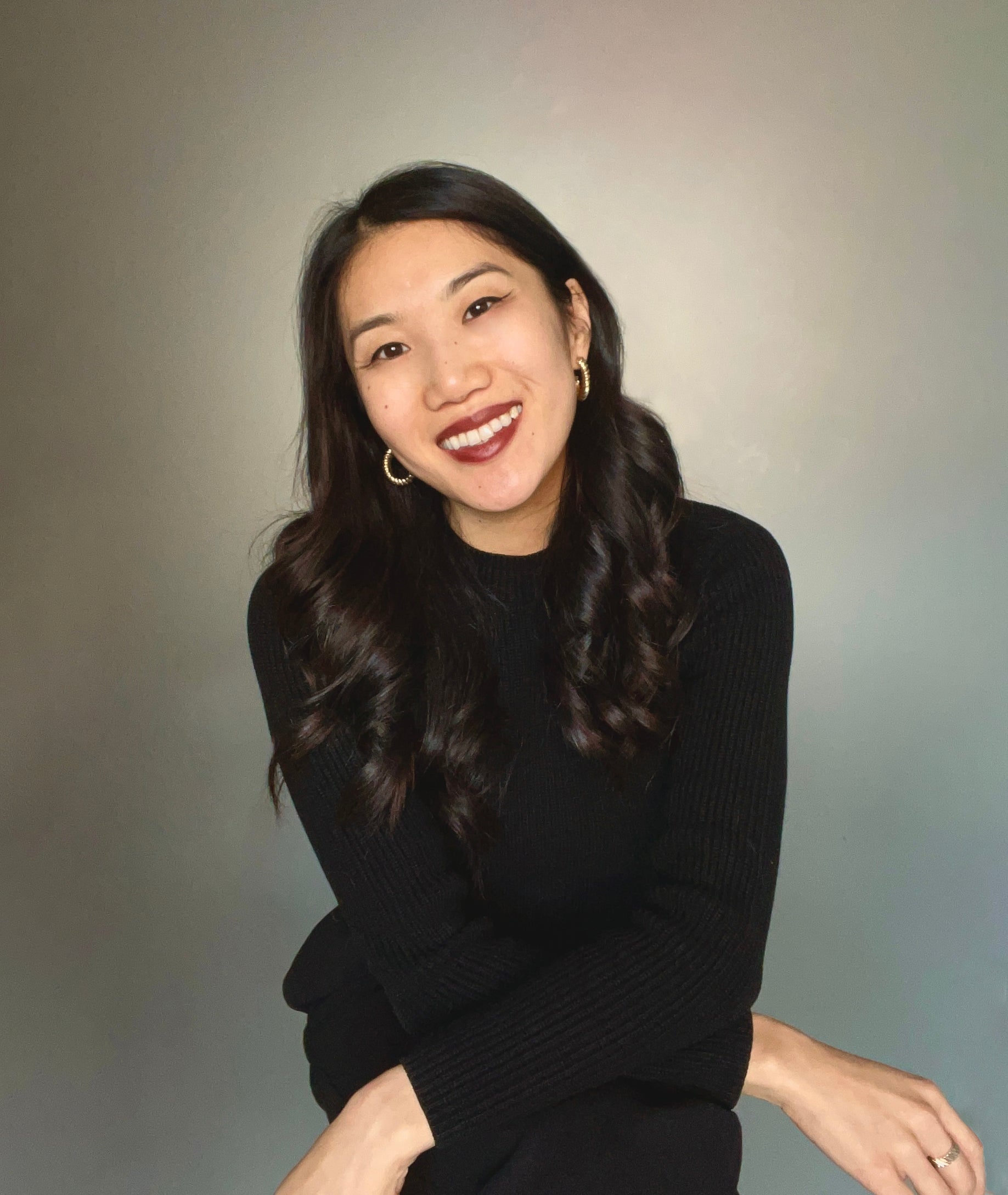Speakers and Workshop Leaders
 Reuben Fischer-Baum
Reuben Fischer-Baum
Reuben Fischer-Baum is an editor on the graphics team at The Washington Post. He previously worked as a visual journalist at FiveThirtyEight and Deadspin, and has taught data visualization at Parsons School of Design.
 Jessica Brassard
Jessica Brassard
Jessica is a Graphic Designer in the central RD office at University of Michigan. She creates visuals that increase clarity and saliency for high-impact/high-value research proposals and OVPR initiatives. Jess has a background in fine art, design, and marketing and transitioned to research development in 2015. The transition to research development has been a welcome change to offer support that makes a real impact. She’s always on the lookout for opportunities to use her visual design skills to amplify research ideas. Jess works with research faculty on figures, illustrations, and other visualizations. Jess has a B.A. from Michigan Technological University in Scientific and Technical Communication. She also attended Suomi College and Kendall College of Art and Design. Jess has worked at two advertising and marketing agencies, and with an in-house communication team for a regional health system. Jess volunteers with the NORDP organization on the Mentoring Committee, Conference Committee, Communications Working Group, and the Great Lakes Executive Committee. Jess’ current mantra: take the next smallest positive step forward.
 Will Chase
Will Chase
Will Chase is a designer and journalist. He is currently the Visual Stories Editor at Axios, where he leads a team of visual journalists in reporting, designing, and producing longform visual stories. Will got his start in academia, working as a researcher for several years before transitioning into data visualization full time and later into journalism.
 Jessica Davison
Jessica Davison
Jessica Davison is Director of Learning, Analytics and Compliance at United Way of Greater Houston (UWGH). She has extensive experience working with internal and external stakeholders to design, implement, and evaluate program effectiveness and continuous quality improvement (CQI). At UWGH, she leads a learning community, Coffee & Quality, for nonprofit staff that expands data capabilities, supports professional development, and builds knowledge and practical application centered around data, evaluation, and CQI. Her team at United Way analyzes data from funded partners, the community, and ALICE data to document impact, inform strategy and investments, and bring research into action. She is spearheading the data collaboration and development of a technology tool that will integrate the network of nonprofit partners serving financially struggling households across greater Houston. Jessica is passionate about the equitable use of data and democratizing data for all audiences. She is a member of the Data Visualization Society and serves on the Board of Directors for the Texas Evaluation Network as President.
 Lace Padilla
Lace Padilla
Dr. Lace Padilla is currently an Assistant Professor in the Cognitive and Information Sciences Department at the University of California Merced and was an NSF Postdoctoral Scholar at Northwestern University. Her interests lie in the intersection between Information Visualization, Behavioral Decision Making, and Data Science. Her research on uncertainty communication explores how to align data visualizations of future events with human decision-making capabilities. She has received the best paper award at IEEE VIS and an APA Early Career Award. She is the PI and Co-PI on grants funded by NSF (#2122174, #2028374, #1810498) and DOE. In her spare time, she is a strong advocate for minoritized groups in STEM, serving on the IEEE VIS Inclusivity Committee and the Governing Board of Spark Society. She has received several grants and awards for her diversity work.
 Vivian Peng
Vivian Peng
Vivian Peng is a data scientist and visual artist with a background in public health and communications. Vivian started her career at Doctors Without Borders, where she used her expertise to advocate for increased access to medicines. She then moved on to work for the Mayor of Los Angeles, where she built tools and dashboards to support the city's pandemic response efforts. Currently, Vivian works in philanthropy. Her interest lies in using data and design to inspire dialogue on the social and political barriers to building healthy populations.
 Jonathan Schwabish
Jonathan Schwabish
Dr. Jonathan Schwabish is founder of the data visualization and presentation skills firm, PolicyViz, and a Senior Fellow in the Income and Benefits Policy Center at the Urban Institute, a nonprofit research institution in Washington, DC. Dr. Schwabish is also a member of Urban’s Communications team where he specializes in data visualization and presentation design. His research agenda primarily includes nutrition policy and policies that affect people with disabilities. Dr. Schwabish is considered a leader in the data visualization field and a leading advocate for clarity and accessibility in research. He has written extensively on ways to best visualize data including technical aspects of creation, design best practices, and accessible communication strategies for social science research. Through all of his work, Dr. Schwabish helps nonprofits, research institutions, and governments at all levels improve how they communicate their work and findings to their partners, constituents, and citizens. He also teaches data visualization and presentation skills at Georgetown University, American University, and in public workshops. Outside of his classes, Dr. Schwabish hosts the PolicyViz Podcast, which focuses on data, open data, and data visualization, and has written three books about data communications. Better Presentations: A Guide for Scholars, Researchers, and Wonks coaches people through preparing, designing, and delivering data-rich content; Elevate the Debate: A Multilayered Approach to Communicating Your Research helps people develop a strategic plan to communicating their work across multiple platforms and channels; and Better Data Visualizations: A Guide for Scholars, Researchers, and Wonks details essential strategies to create more effective data visualizations. His next book, Data Visualization in Excel: A Guide for Beginners, Intermediates, and Wonks, will be published by CRC Press in Spring 2023. He is on Twitter @jschwabish.
 Vidya Setlur
Vidya Setlur
Vidya Setlur is the director of Tableau Research. She leads an interdisciplinary team of research scientists in areas including data visualization, multimodal interaction, statistics, applied ML, and NLP. She earned her doctorate in Computer Graphics in 2005 at Northwestern University. Prior to joining Tableau, she worked as a principal research scientist at the Nokia Research Center for 7 years. Her personal research interests lie at the intersection of natural language processing and computer graphics. Her research combines concepts and methods from information retrieval, human perception, and cognitive science to help users effectively interact with devices and information in their environment. A significant portion of her work covers the investigation, prototyping, and evaluation of such novel concepts.
Since joining Tableau Research in 2012, Vidya has worked on various projects and prototypes involving semantics and visual representation such as semantic icon encoding and semantically resonant color palettes. She has also been interested in exploring analytical conversation using natural language interaction via a system called Eviza. Subsequently, as part of productizing Tableau's natural language feature, Ask Data, she moved to engineering and was a manager on the Natural Language Team at Tableau Software for a couple of years. There she focused primarily on developing the theory and engineering of user intent in analytical conversation to provide analytically useful interpretations of users' utterances.
